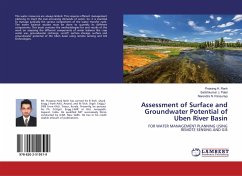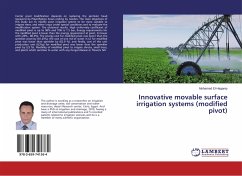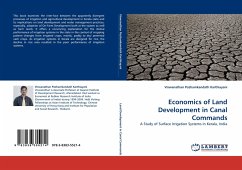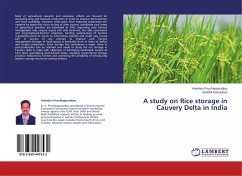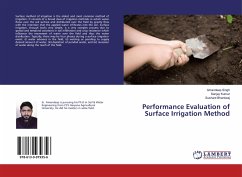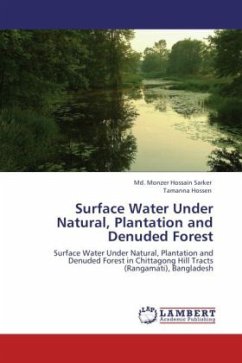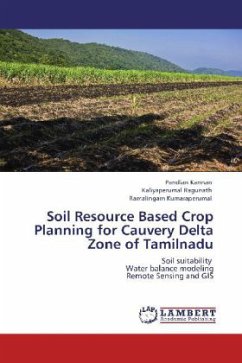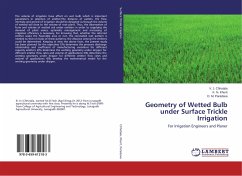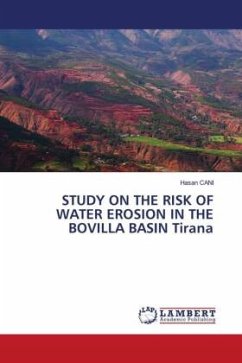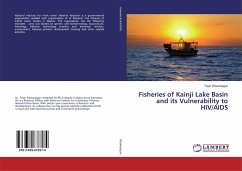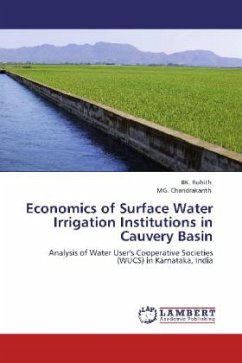
Economics of Surface Water Irrigation Institutions in Cauvery Basin
Analysis of Water User's Cooperative Societies (WUCS) in Karnataka, India
Versandkostenfrei!
Versandfertig in 6-10 Tagen
45,99 €
inkl. MwSt.

PAYBACK Punkte
23 °P sammeln!
With increasing water scarcity and frequent occurrence of water related controversies at macro and micro levels, institutional arrangements governing water resource development, allocation and management are receiving increasing policy attention. A combination of institutional and market solutions is hoped to pave the way for sustainable use of scarce water. In this study, the economic and institutional dynamics of Water User Cooperative Society (WUCS) are assessed with regard to performance of WUCS, membership and their Willingness to Pay (WTP) for irrigation in Cauvery basin of Karnataka, In...
With increasing water scarcity and frequent occurrence of water related controversies at macro and micro levels, institutional arrangements governing water resource development, allocation and management are receiving increasing policy attention. A combination of institutional and market solutions is hoped to pave the way for sustainable use of scarce water. In this study, the economic and institutional dynamics of Water User Cooperative Society (WUCS) are assessed with regard to performance of WUCS, membership and their Willingness to Pay (WTP) for irrigation in Cauvery basin of Karnataka, India. Cluster analysis and Discrimant function was used to study WUCS with similarities and the distinguishing features of farmers. Appropriate education and training programme should be initiated to motivate the marginal farmers as member of WUCS. Members need to be educated to treat water as an economic good. The results of the study were presented at the 27th International Conference of Agricultural Economists (IAAE), 2009, Beijing. The Indian Journal of Agricultural Economics (IJAE) and Agricultural Economics Research Association (AERR) have carried articles pertaining to this study.



